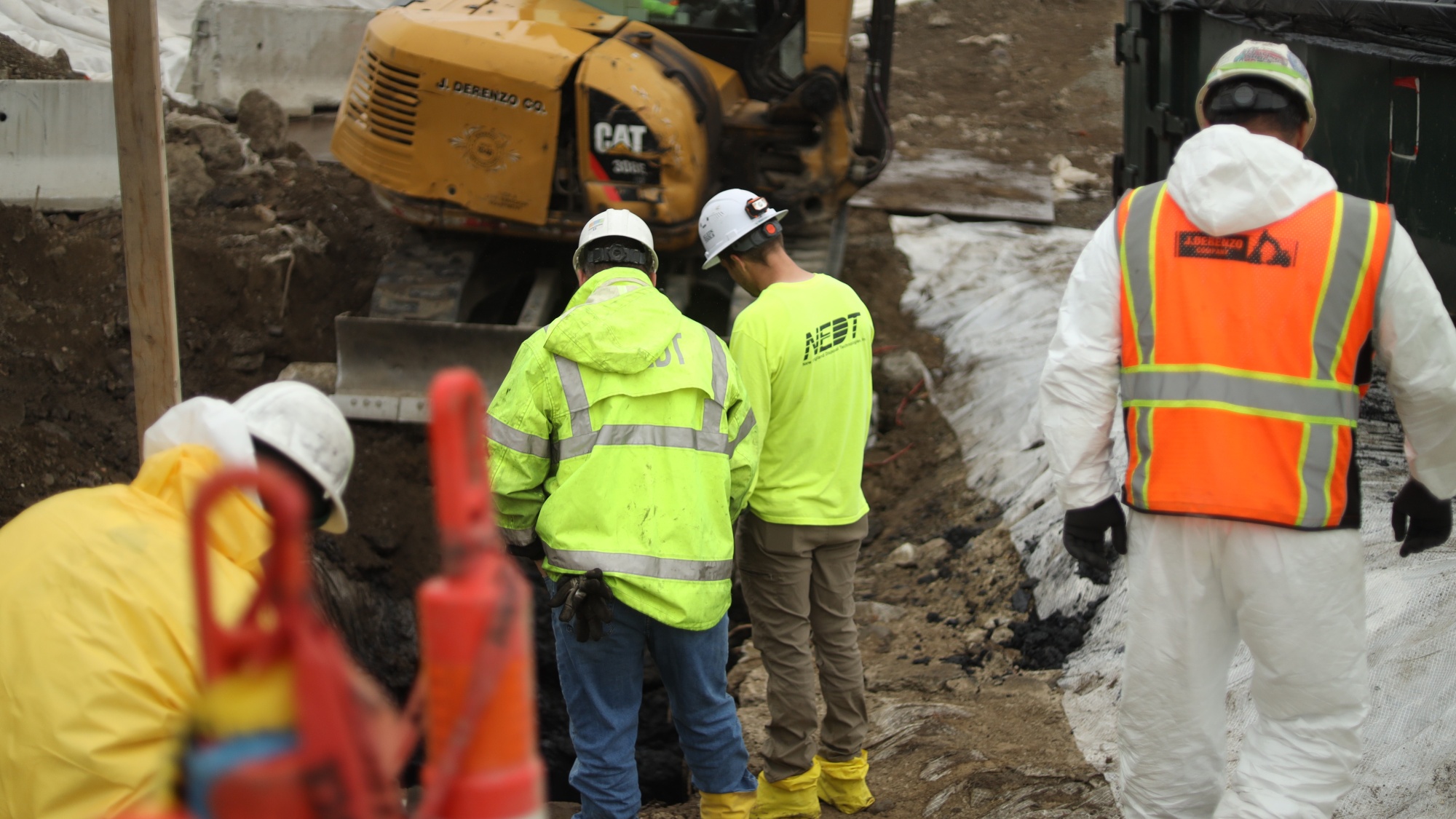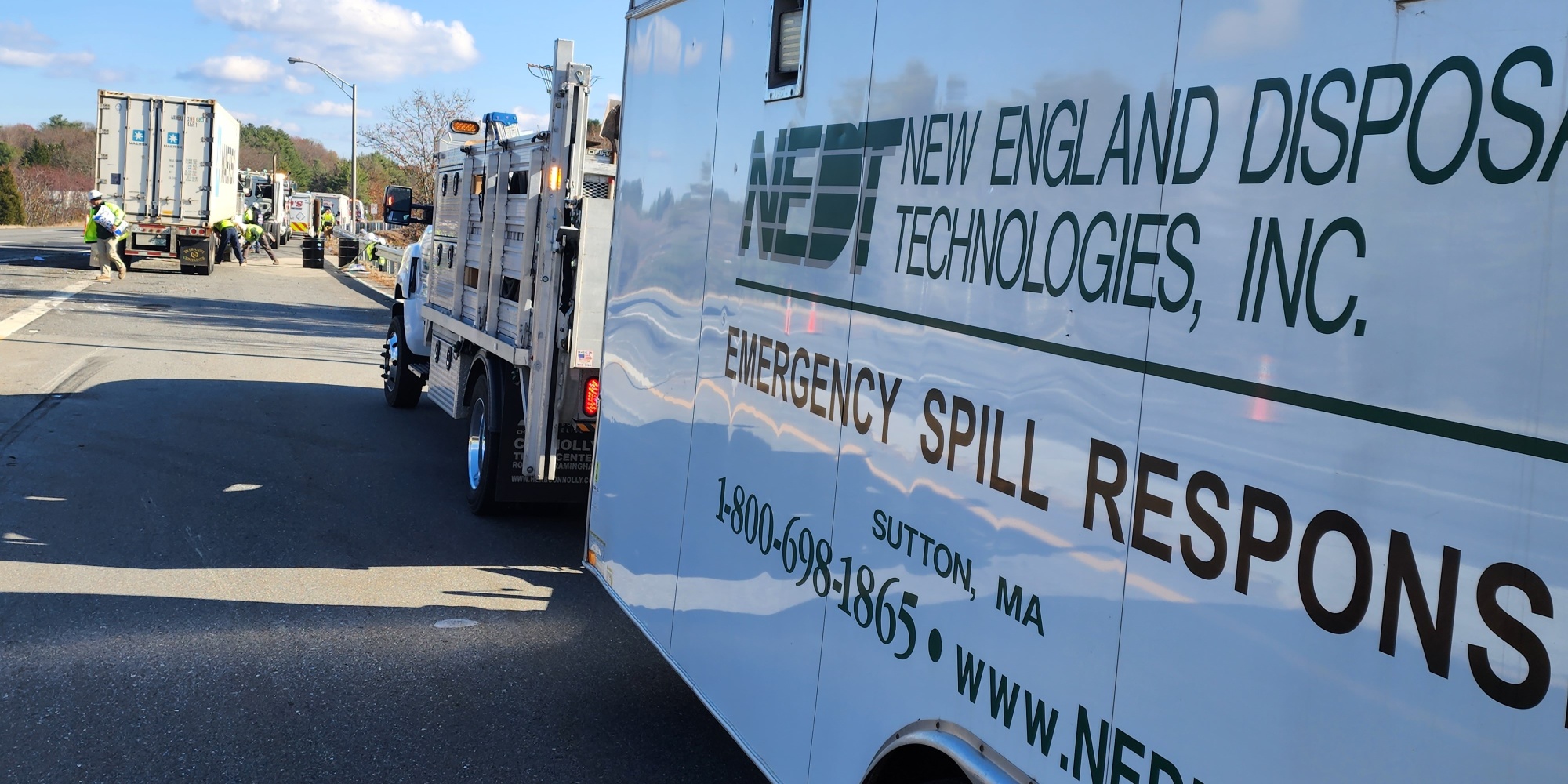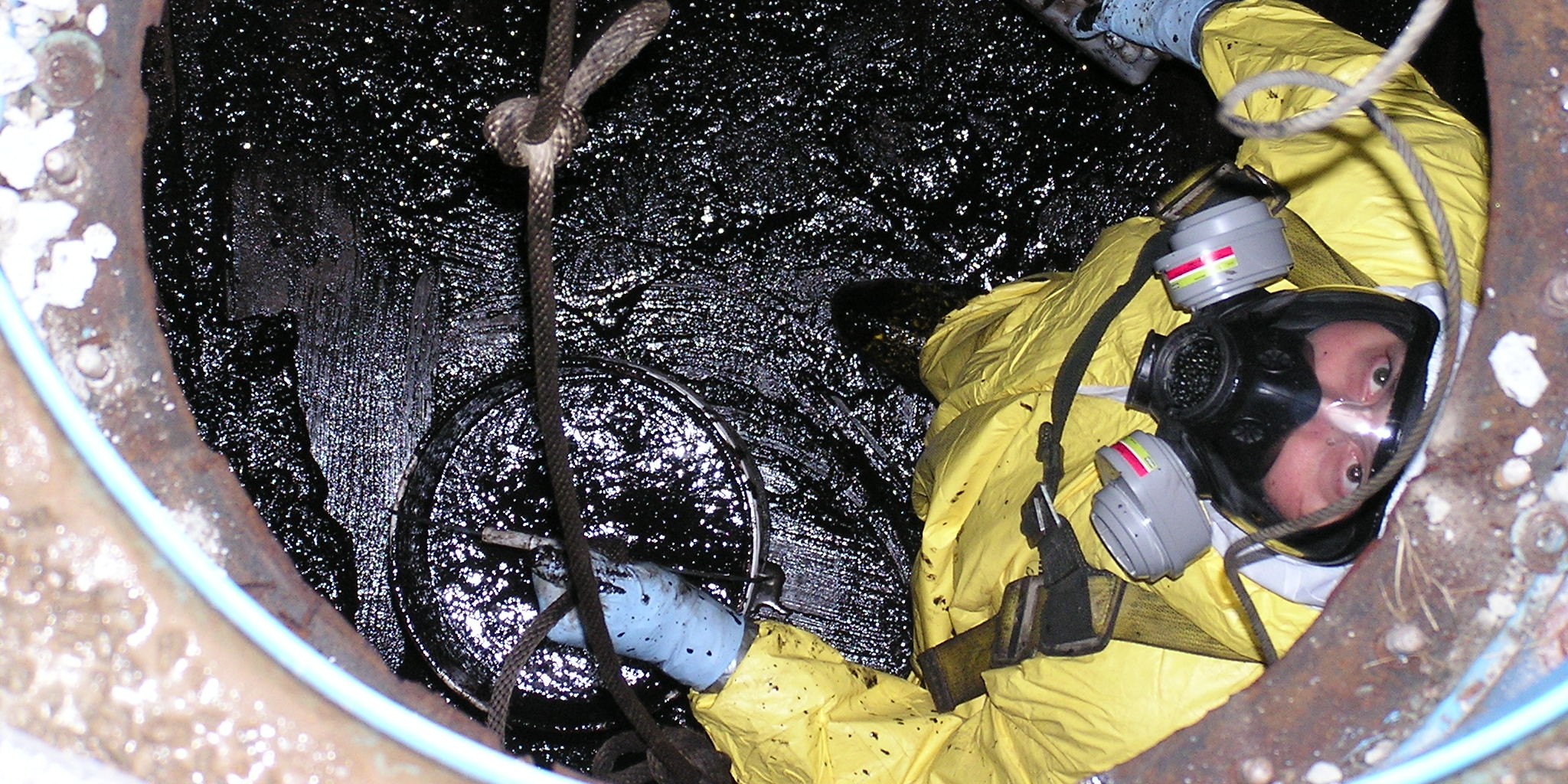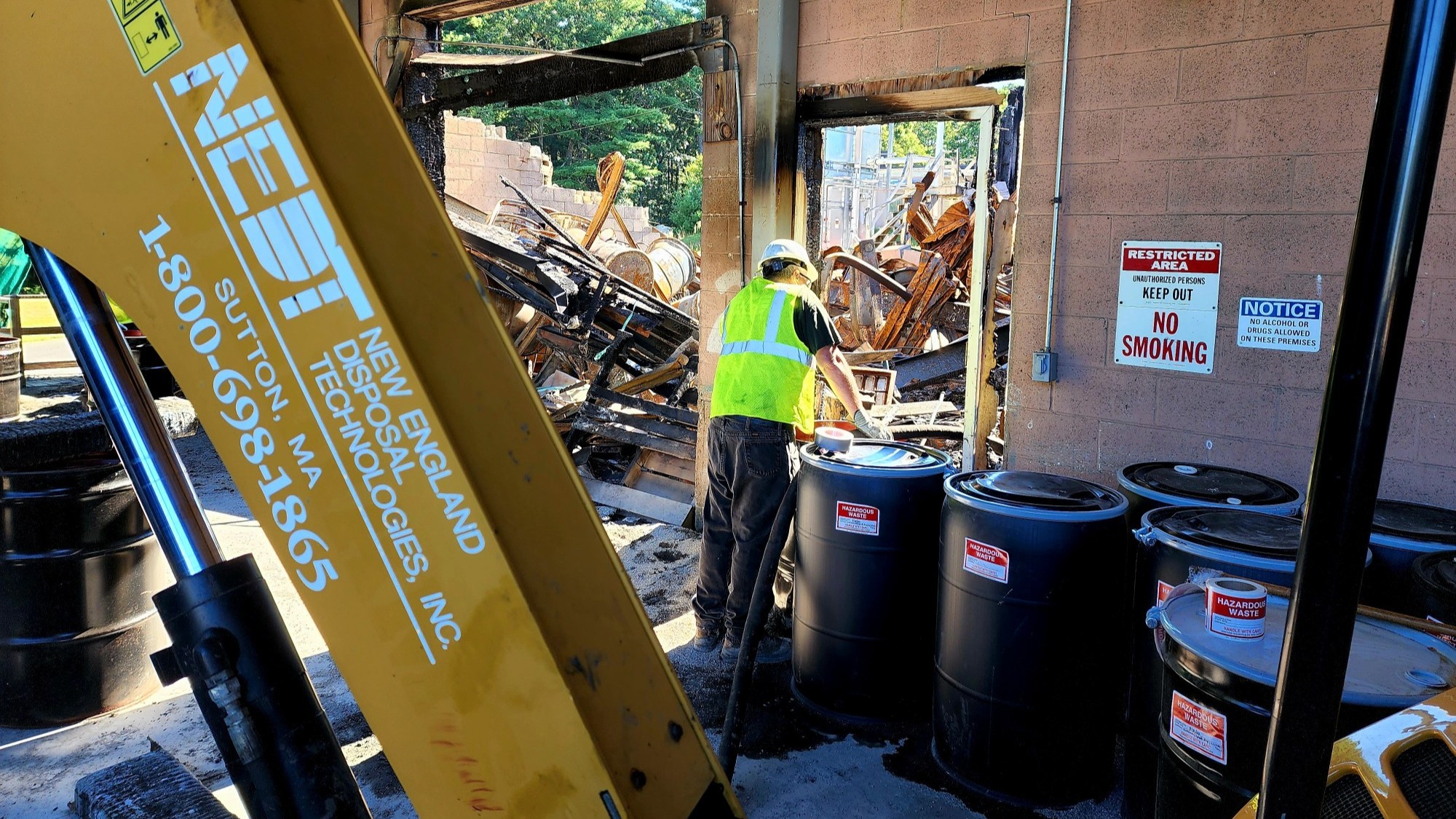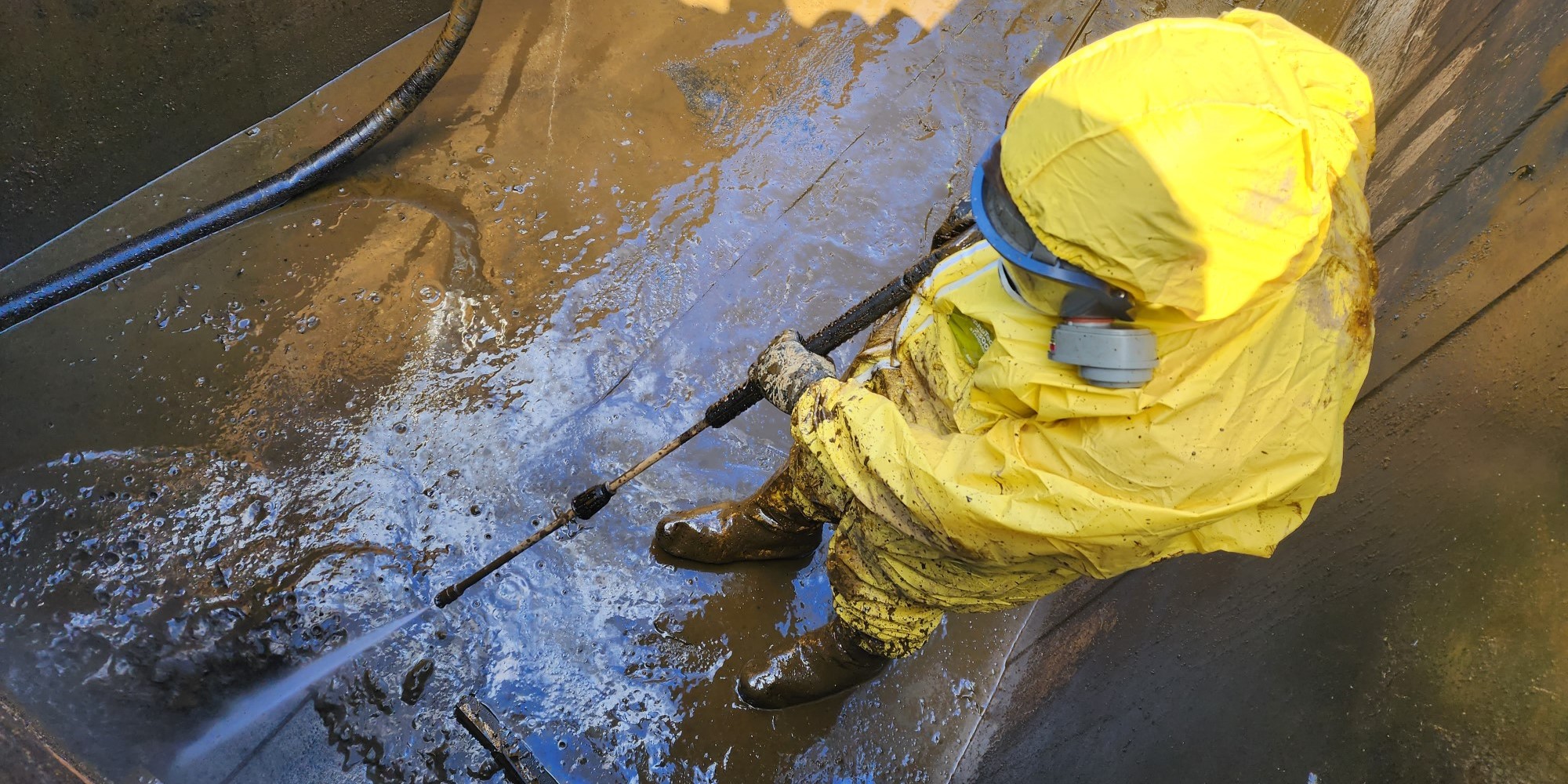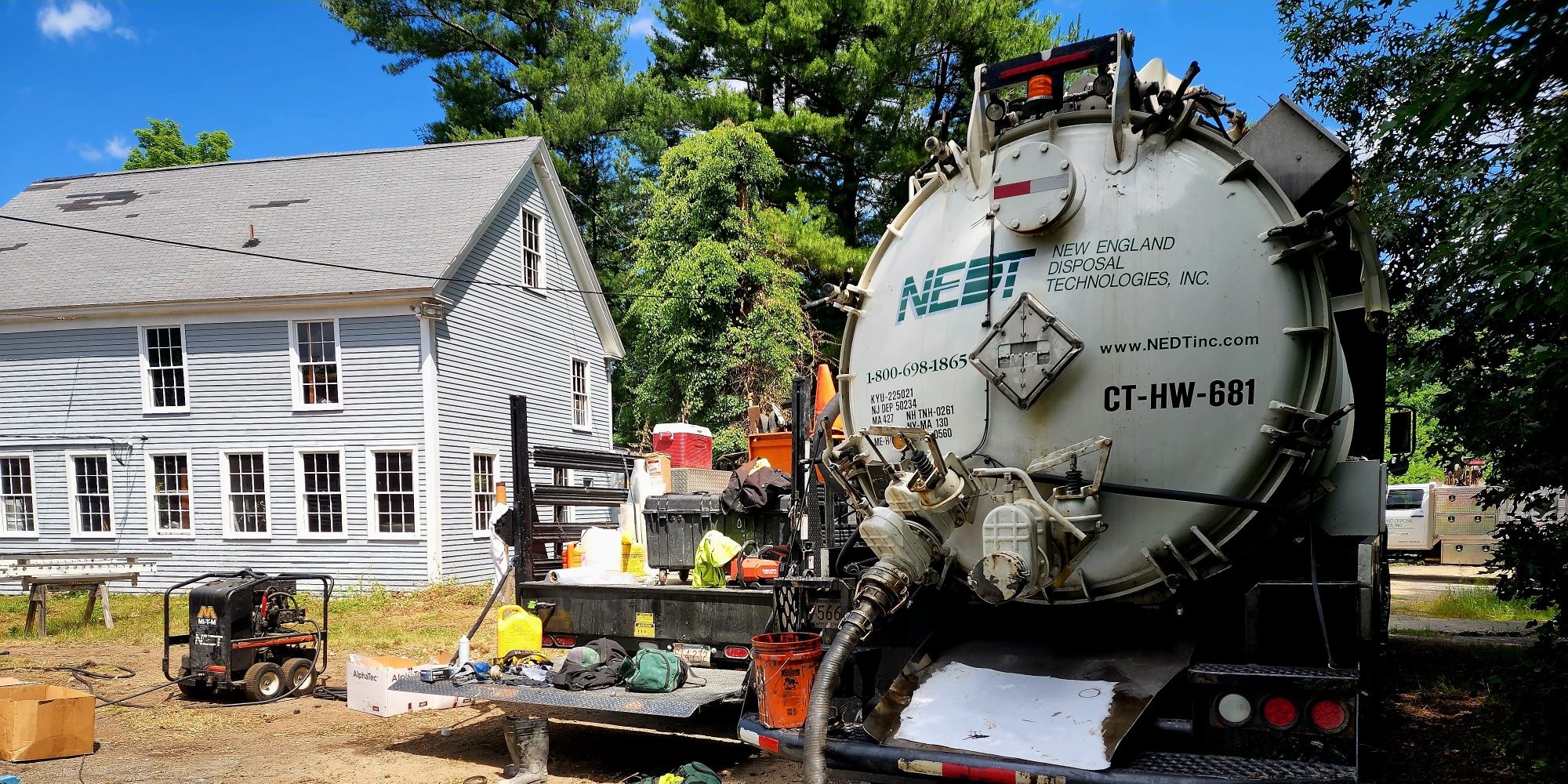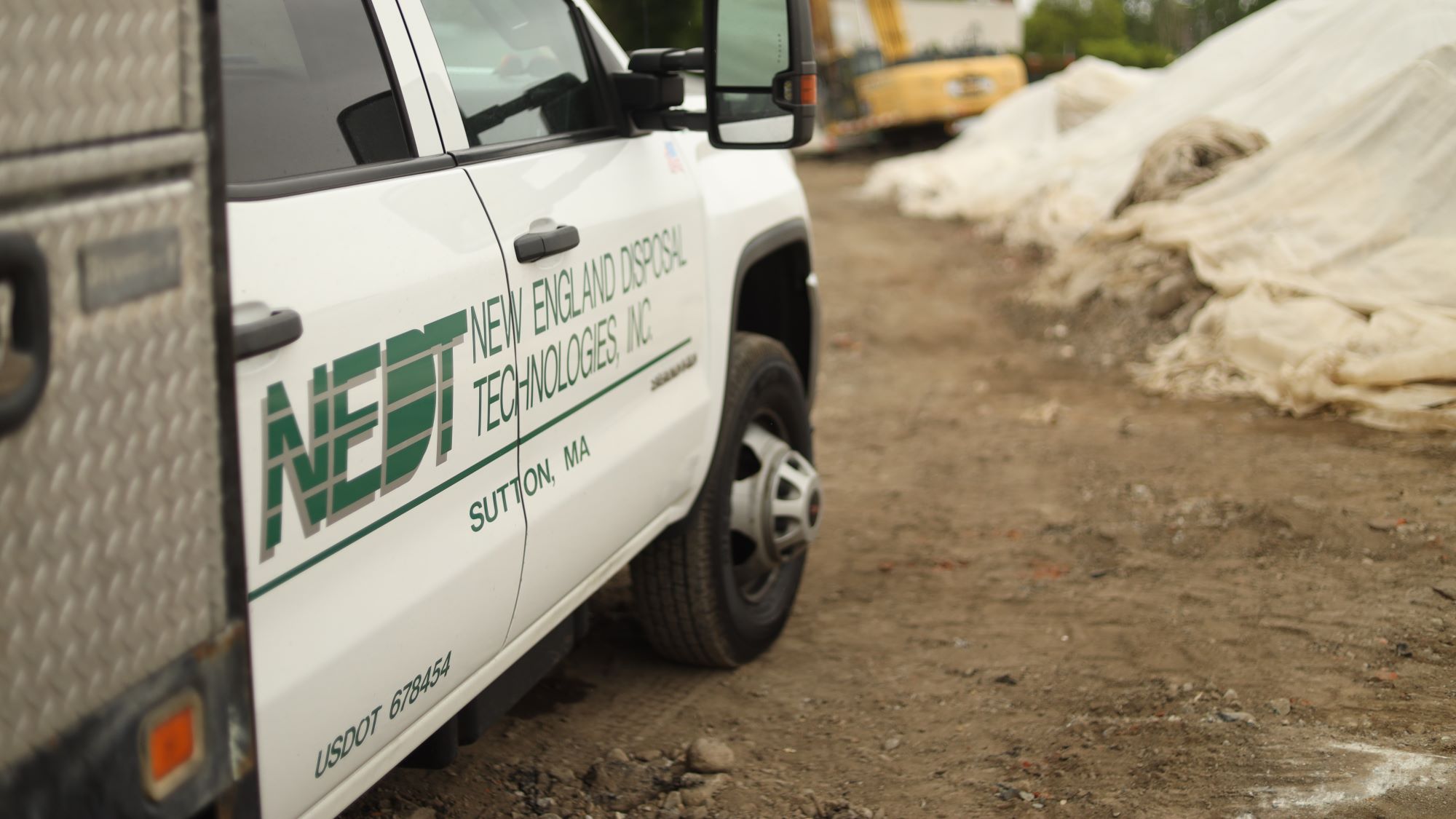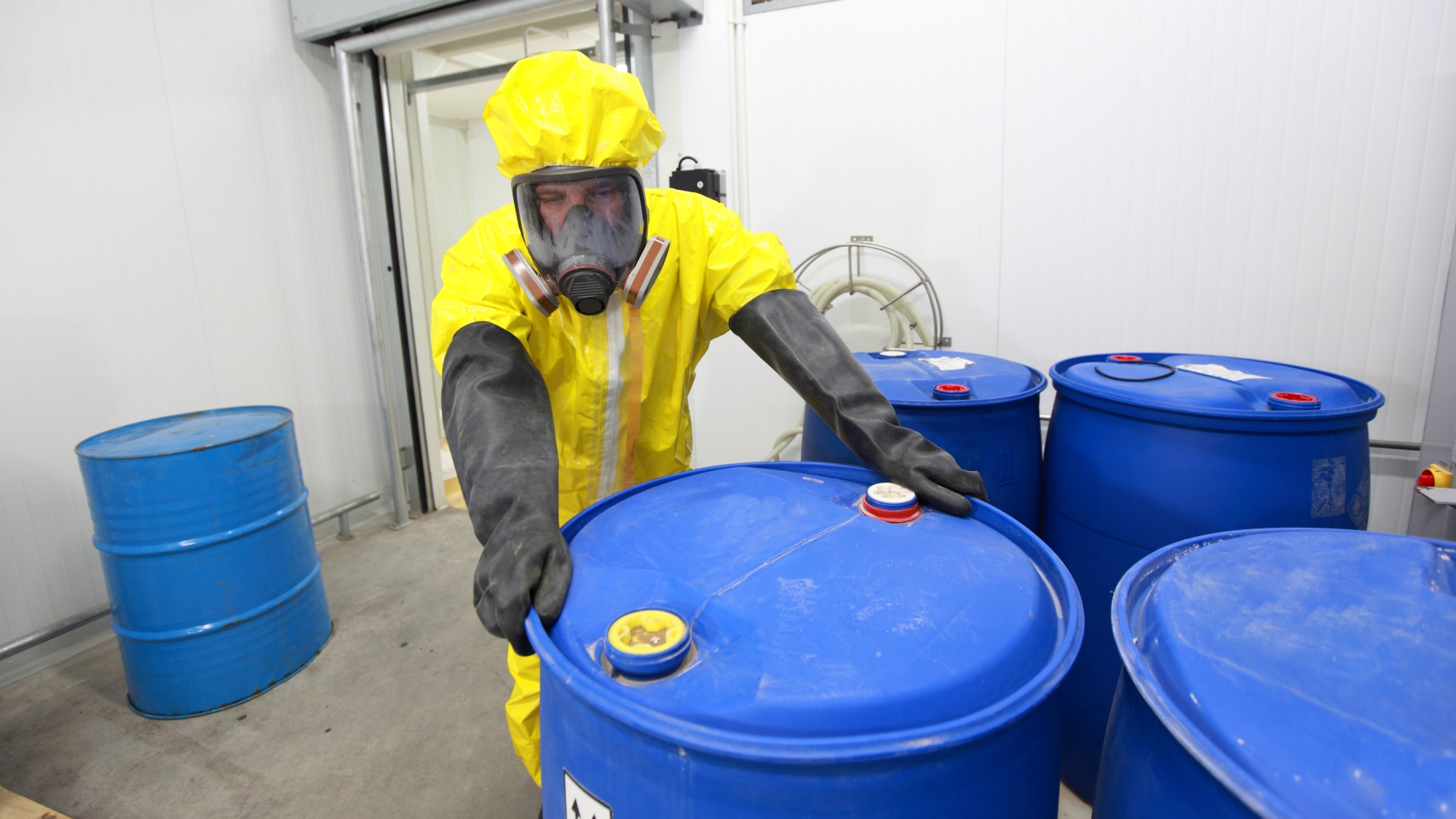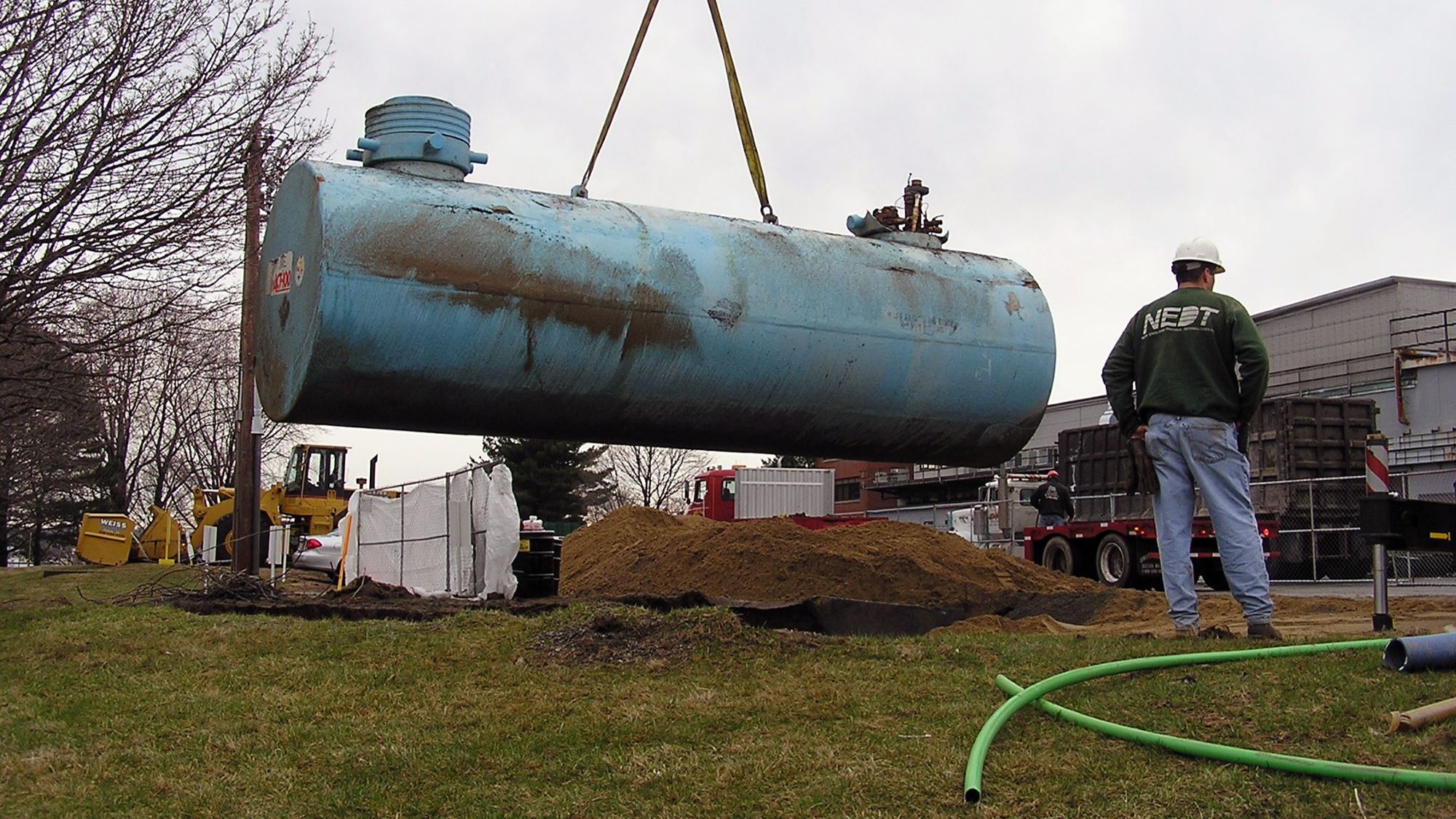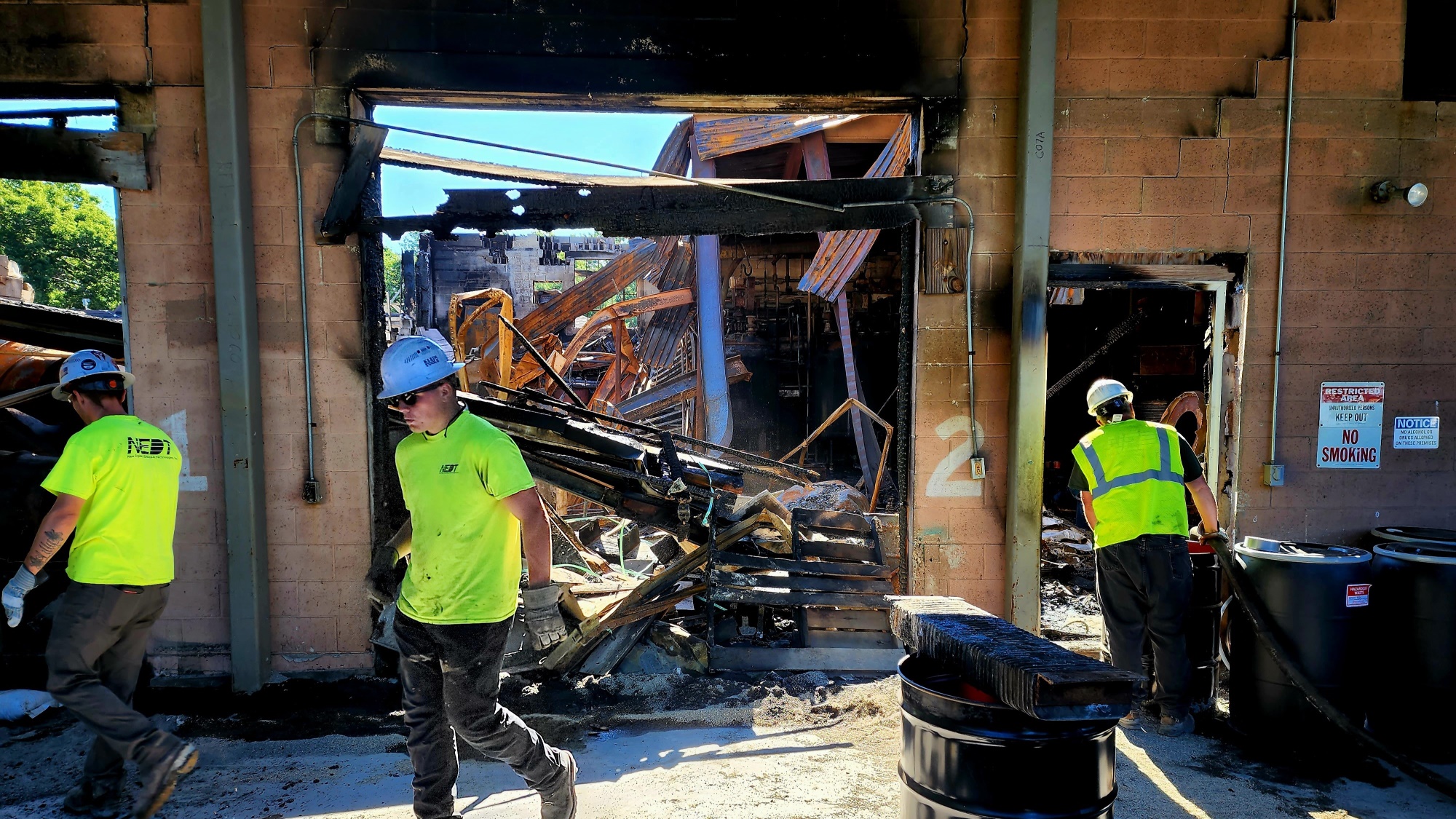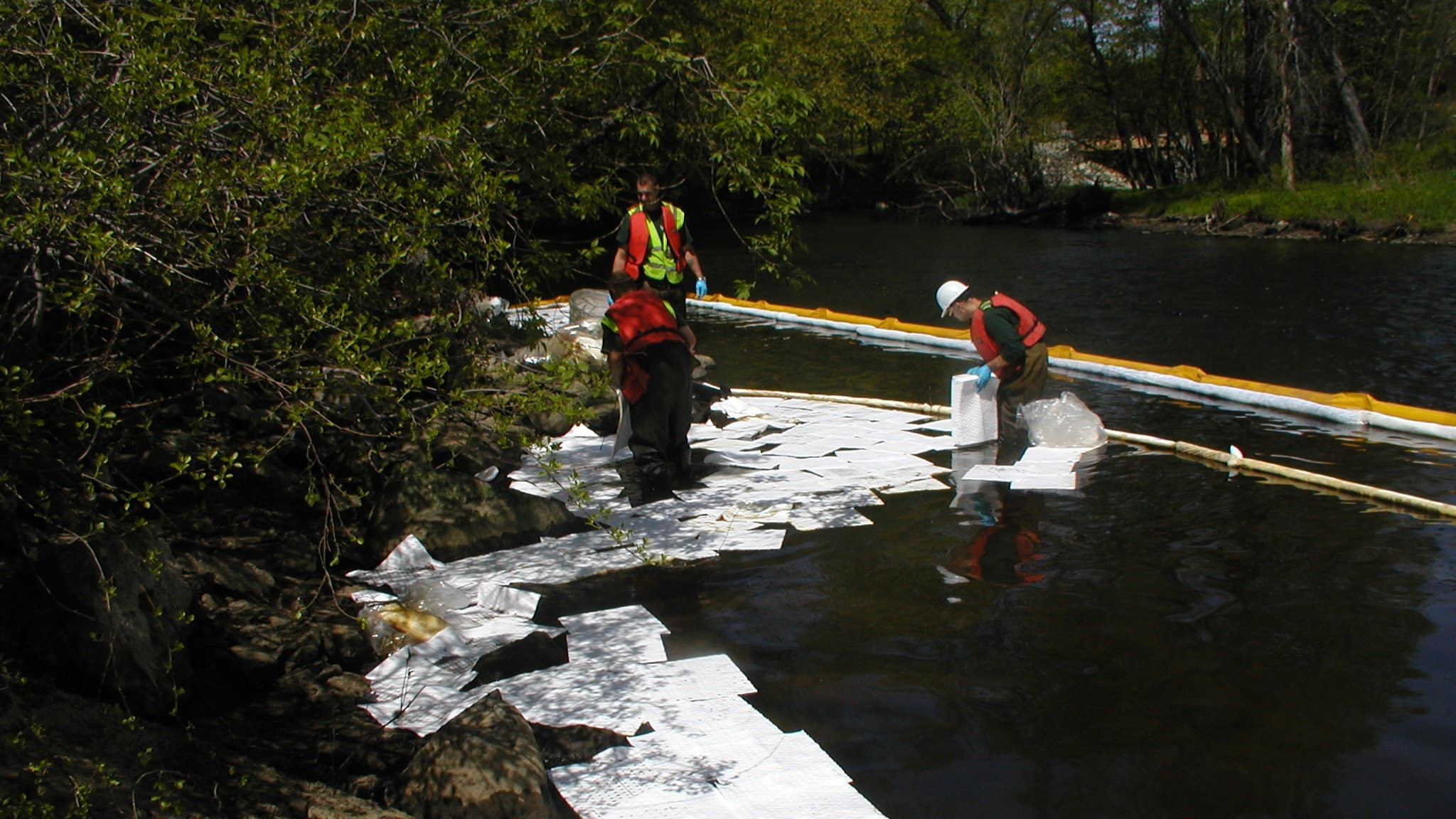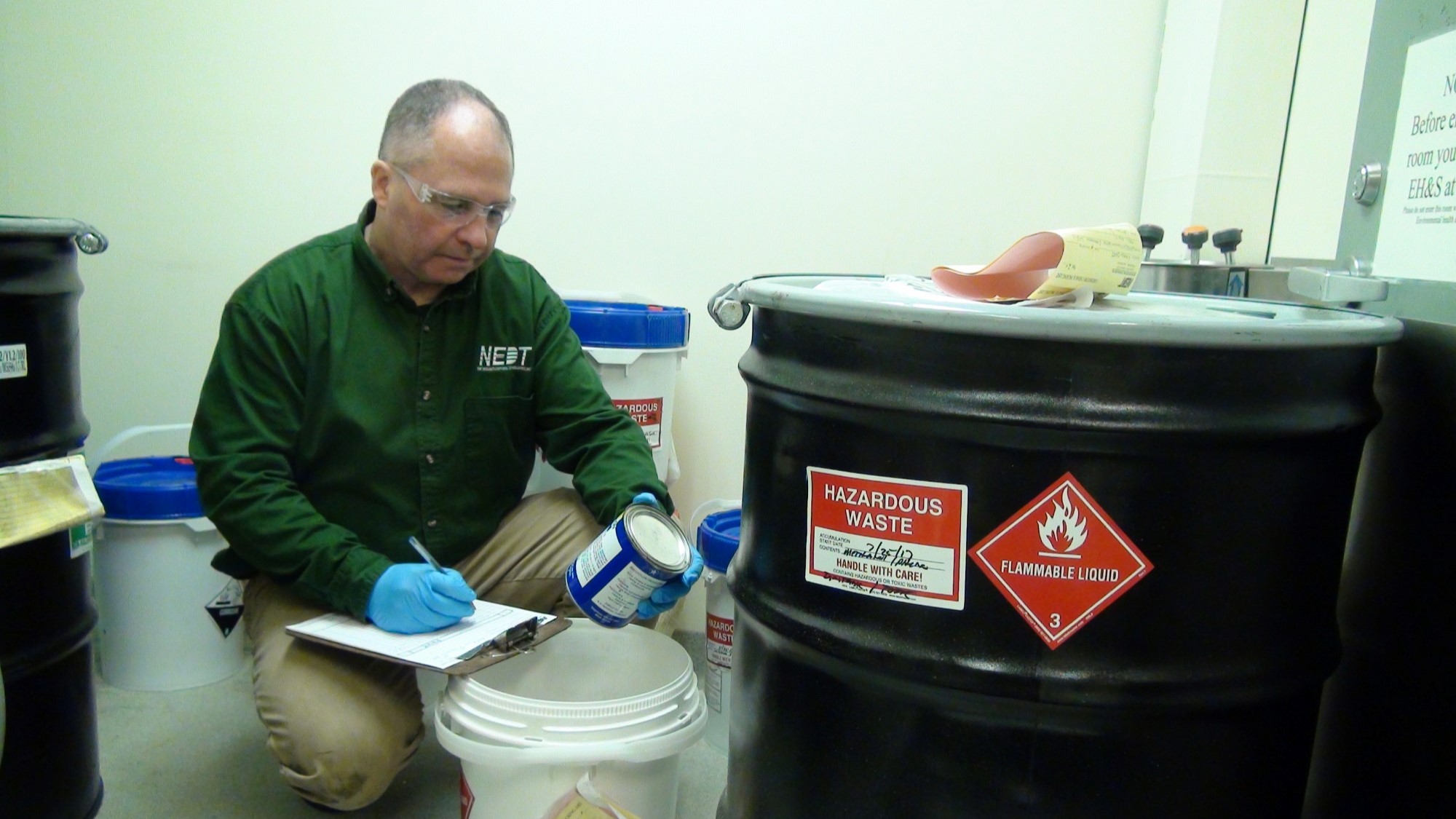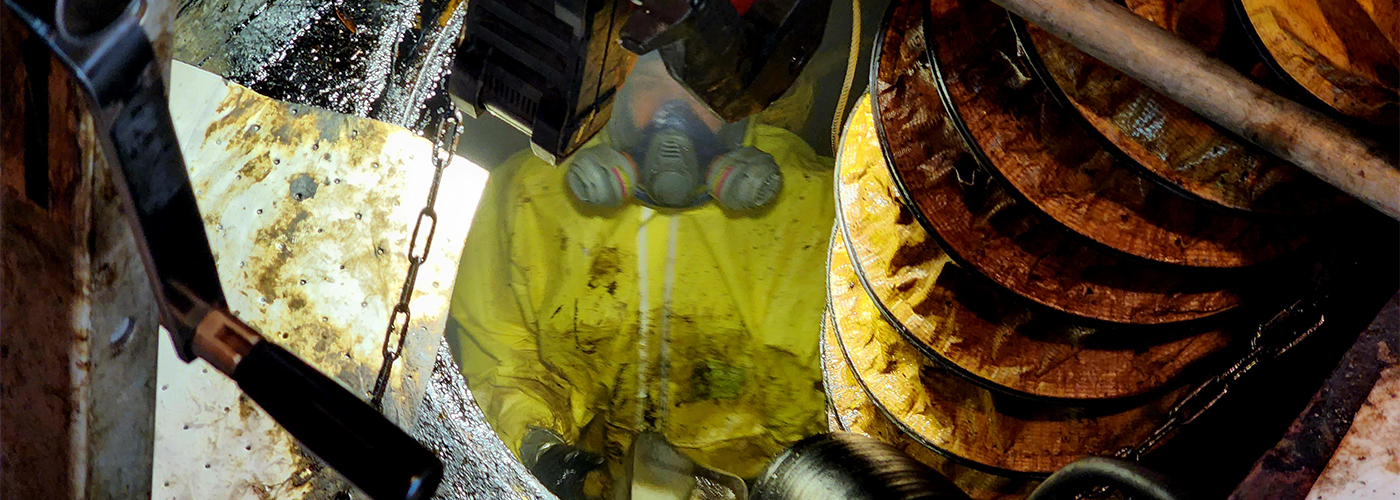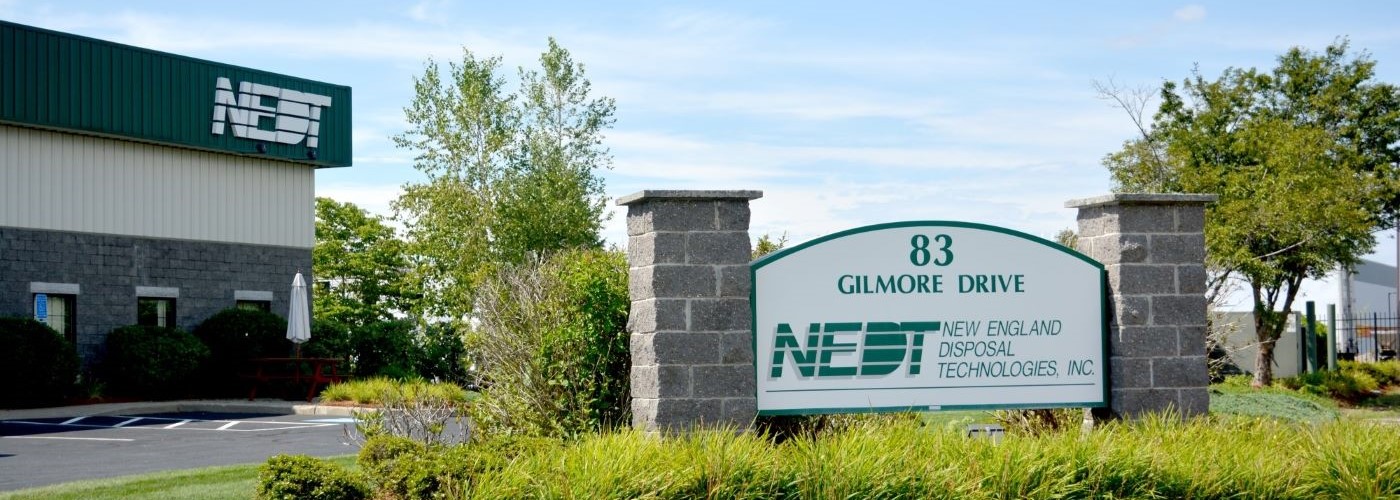Whether you’ve got a place on your residential property rendered unusable by a leaking oil tank or are eyeing a neighboring industrial brownfield to expand your corporation onto, dealing with contaminated property can be a headache of time, money, and government oversight. Today, we want to go over what it takes to restore a contaminated site to operation, including reasons
Oil is difficult to clean up, and its environmental impacts are both well-documented and severe. Hence, it comes as no surprise that there are a lot of regulations and requirements surrounding oil and other petroleum products for both homes and businesses. But where do oil spills and contamination occur, and what oil clean-up efforts are required? Today, we look at
The safety of your workers and the proper maintenance and cleaning of your machinery are both vital to the success of your business, but what happens when the two are in conflict? Some spaces, such as tanks, utility tunnels, and crawl spaces in industrial zones, pose too much of a risk for normal workers. These
Whether you’re a homeowner dealing with an oil furnace leak or a business making sure you’re covered in the event of an accident that includes hazardous materials or waste, it’s important to know about the circumstances surrounding hazardous waste incidents and the types of insurance coverage available. A key part of insurance for hazardous waste—private or commercial—is understanding the risks
Pressure washing is a tool in many cleaners’ toolboxes, but the equipment, training, and specialization needed when it comes to industrial pressure washing means that when the circumstances come to need industrial pressure washing, you want to make sure you’ve got the best contractor for the job. The unique needs of an industrial site, from the requirements of high uptime
While NEDT has the vehicles, training, and staff for large-scale industrial emergencies, we also turn those skills to helping residents deal with their most common kind of hazardous waste—furnace oil spills. Waking up to the smell of oil flumes, a sudden loss of heat, and a sludgy mess can be a shock, but thankfully, by following the steps below, you
Whether it’s a fuel oil spill at home or signs of a leaky tank at your business, if you suspect your property is contaminated, you need to act fast. In Massachusetts, this includes contacting the right organizations based on the size of the spill and then contracting the right specialists to assess and clean up your property. Learn the steps
At NEDT, we’re both a hazardous waste transportation & disposal contractor as well as an industrial cleaning and maintenance company, giving us unique insight into where these two requirements intersect in industrial settings and facilities. Whether your waste is byproducts from manufacturing, cleaning waste, or residue, we want to provide some insight into what goes into industrial waste removal, from
If you’ve got an underground storage tank (UST) that stores hazardous liquids, including chemicals, petroleum, and other products that pose a risk to human health and the environment, it’s vital to stay on top of any issues, especially leaks. From oil slicks to dead grass, there are several signs you need underground storage tank removal—before the damage to your site
All fires—residential, commercial, or industrial—can be disastrous, but when hazardous products and waste are involved, extinguishing and cleaning up can be orders of magnitude worse. From needing specialized gear to fight the fires, potential evacuation, and long-term contamination and remediation cleanup, learn what it takes to deal with the aftermath of a hazardous waste fire from the hazardous waste and
Hazardous waste comes with many regulations, procedures, and caveats for collection, transportation, and disposal. But when that hazardous waste mixes with water? Dealing with contaminated water, from controlled situations like industrial manufacturing processes to emergency spills, is a complex one. Learn how New England Disposal Technologies—NEDT—handles the contaminated water disposal process from assessment through completion.
In Massachusetts and other New England states, the Departments of Public Works provide essential and often messy work to their municipalities. Sometimes, this includes the generation and storage of hazardous waste, from vehicle and facility maintenance to dealing with oil-contaminated water in catch basins. At NEDT, we’re proud to be partners with the Department of Public Works in multiple municipalities
If you’re starting the process of getting a site remediated, whether it’s getting it analyzed for contaminants or receiving a final opinion on the course of action, the next step is to start the site remediation project itself. But what does it entail and who is needed to complete it? Below we’ll be going over common contaminants, the steps in
Our motto at New England Disposal Technologies is “Because Hazardous Waste Shouldn’t Be Difficult!” It’s the reason we were founded and also the reason behind this blog. Education about hazardous waste and related issues is as important as fixing them, so we thought we’d do both. This first post outlines what you can expect from this hazardous waste management blog,


